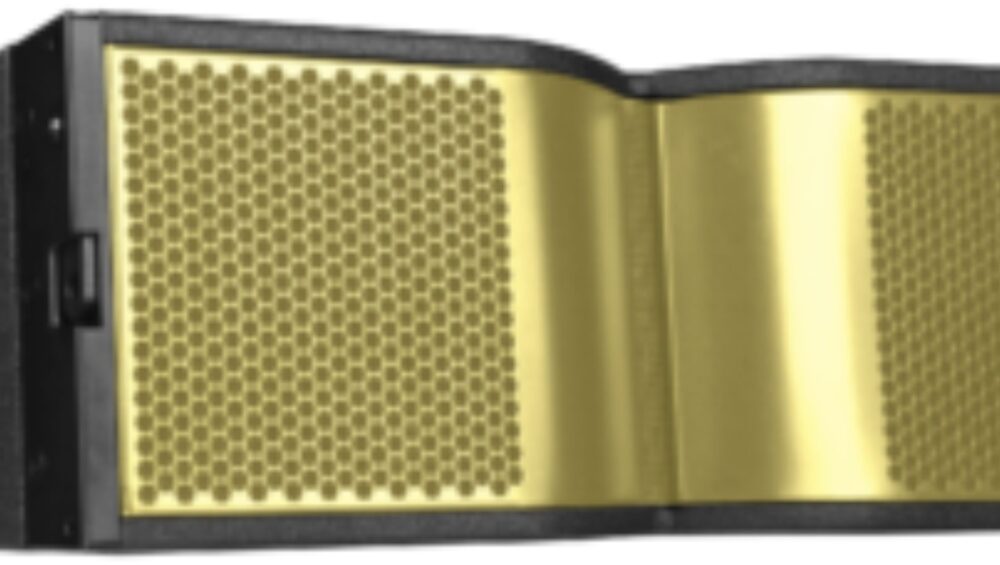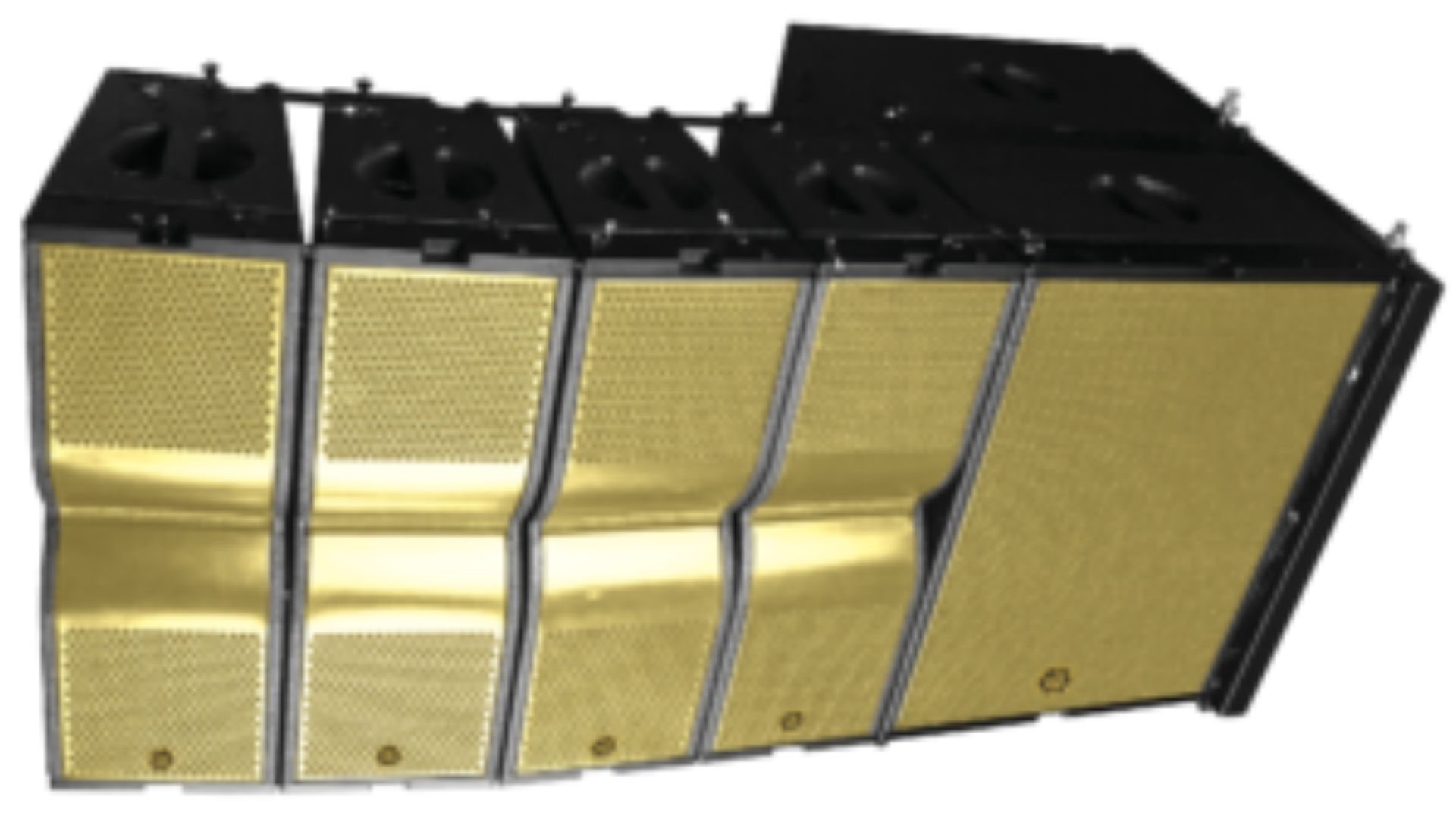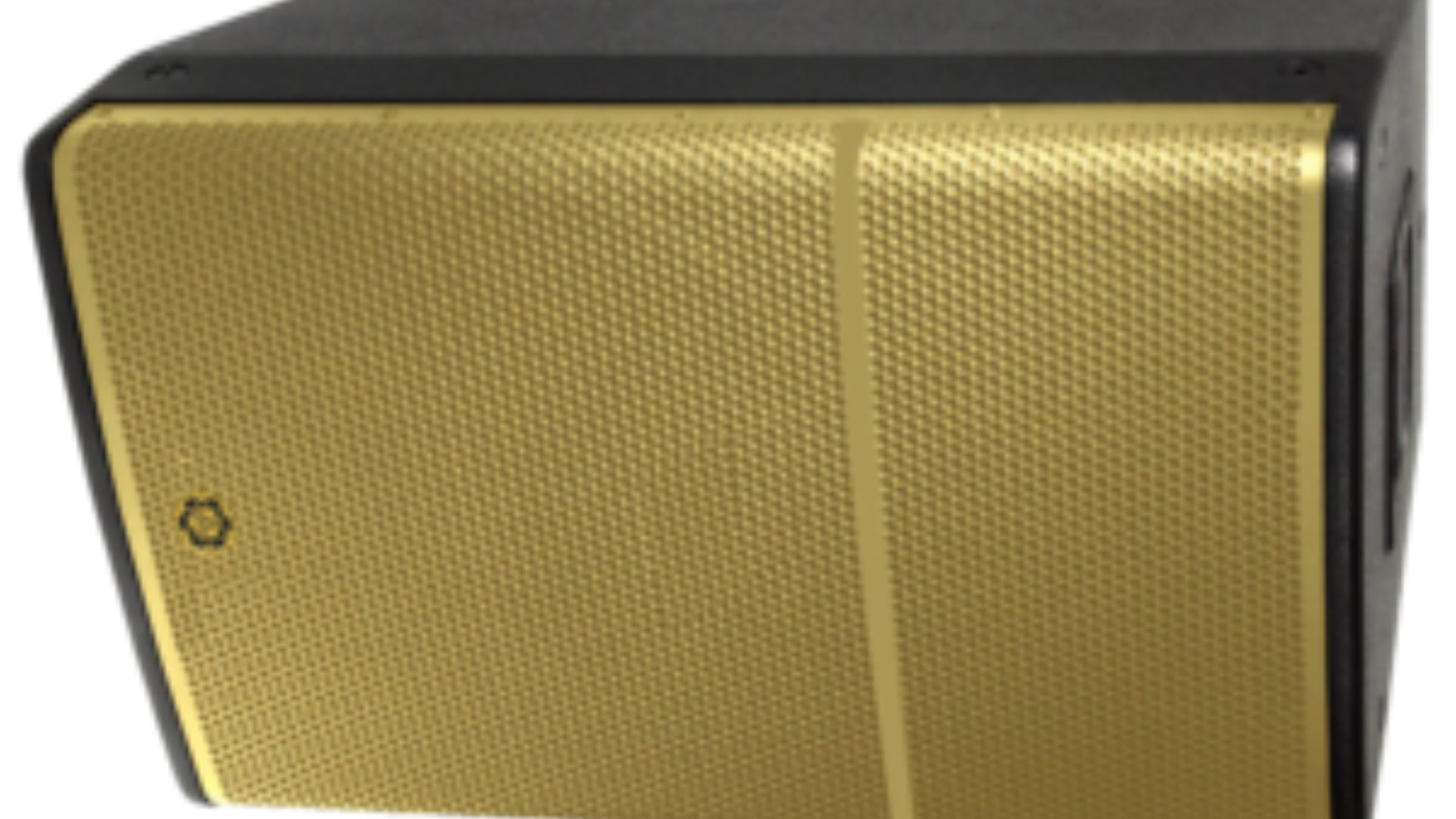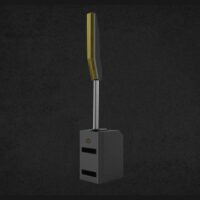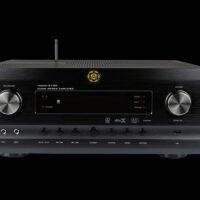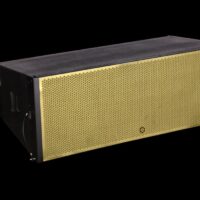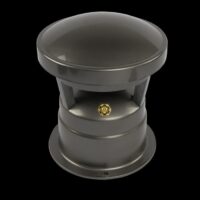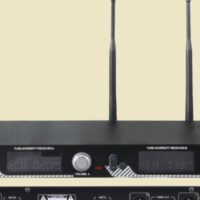Introduction:
In the dynamic world of event planning, sound is a crucial element that can make or break the attendee experience. As we step into 2024, the technology and techniques used in Events Sound System have evolved significantly. Mastering soundscapes requires a blend of cutting-edge equipment, expert knowledge, and strategic planning. This blog provides expert advice on selecting and optimizing event sound systems to ensure your events resonate with perfection.
The Importance of a High-Quality Event Sound System:
A high-quality event sound system is essential for creating an immersive and engaging atmosphere. Whether it’s a corporate conference, a live concert, a wedding, or a festival, the clarity and power of sound can greatly impact the audience’s experience. Poor sound quality can lead to disengagement, miscommunication, and a negative impression, while excellent sound can enhance the event’s impact and leave a lasting impression.
Key Components of an Event Sound System:
Speakers:
Line Array Speakers: These are ideal for large venues as they provide consistent sound coverage and high output levels. They are designed to project sound evenly across wide areas, ensuring that every attendee hears the audio clearly.
Subwoofers: Essential for events with music, subwoofers handle low-frequency sounds, adding depth and richness to the audio experience. They are crucial for delivering the bass that gives music its full impact.
Mixers and Audio Consoles:
These devices allow sound engineers to balance, blend, and enhance audio signals from various sources, such as microphones, instruments, and playback devices. Digital mixers offer advanced features like remote control via tablets or smartphones, making them versatile and easy to adjust during events.
Microphones:
Wireless Microphones: Provide flexibility and mobility for speakers, performers, and presenters. They reduce clutter and allow for seamless movement across the stage or venue.
Lavalier Microphones: Perfect for presenters and speakers who require a hands-free option. These small, clip-on microphones ensure clear voice capture without being obtrusive.
Amplifiers:
Amplifiers boost the audio signal from the mixer to the speakers, ensuring that the sound is powerful enough to reach all areas of the venue. Choosing the right amplifier is crucial for matching the power requirements of your speakers and maintaining sound quality.
Acoustic Treatment:
Managing the acoustics of the event space is essential to prevent echoes, feedback, and other audio issues. Acoustic panels, diffusers, and bass traps can be used to optimize the sound environment.
Expert Advice for 2024:
Invest in Versatile Equipment:
As events become more diverse, having versatile sound equipment that can adapt to different types of events and venues is crucial. Look for systems that are modular and easy to configure for various setups.
Embrace Wireless Technology:
Wireless technology continues to improve, offering greater reliability and freedom. Wireless microphones, in-ear monitors, and remote-controlled mixers can streamline setup and operation, reducing cable clutter and improving mobility.
Prioritize Sound Quality Over Loudness:
Clarity and balance are more important than sheer volume. Ensure your system provides clear, distortion-free sound that is comfortable for all attendees, even those near the speakers.
Leverage Digital Tools:
Use digital signal processors (DSPs) to fine-tune your audio. These tools can help manage frequencies, reduce feedback, and optimize the sound for different parts of the venue. Modern DSPs often come with user-friendly interfaces and presets for common scenarios.
Plan for Redundancy:
Have backup equipment and contingency plans in place. This includes extra microphones, cables, and even power sources. Redundancy ensures that technical issues don’t disrupt the event.
Work with Experienced Sound Engineers:
Experienced sound engineers bring invaluable expertise in setting up and managing event sound systems. They can anticipate and solve problems quickly, ensuring a smooth audio experience.
Conclusion:
Mastering soundscapes in 2024 requires a combination of the right technology, strategic planning, and expert execution. By investing in high-quality, versatile event sound systems and following the latest expert advice, you can ensure that your events deliver an exceptional audio experience. Whether you’re hosting a small corporate meeting or a large-scale concert, the right event sound system will make your event memorable and impactful.

